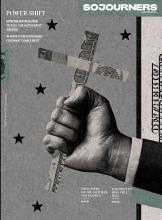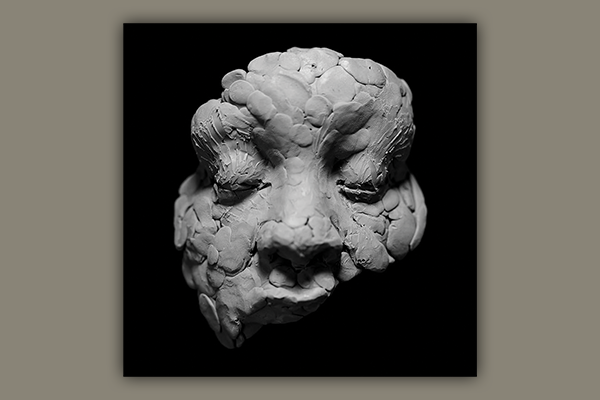I WANT TO believe there’s a live band at a church somewhere in the U.S. playing Joy Oladokun’s latest album, Observations From a Crowded Room. After all, Oladokun is no stranger to sanctuaries: By the time she was 16, Oladokun was leading the worship music at the charismatic nondenominational church her family attended. But around the age of 24, she quit, explaining in an interview with NPR, “I just felt like so much of my attention was going towards taking care of people and singing the right songs and not saying the wrong thing on Sunday.”
I think, for a long time, I’ve been looking for a church willing to risk singing the wrong thing on Sunday—to risk singing something like these lyrics from Oladokun’s “Dust/Divinity”: “I’m a skeptic who still prays / ... ’Cause though it hurts me to believe / It kills me not to / And I am trying to find my way through the middle / And I am desperate to receive every good thing / From now until eternity / From dust until divinity.”
Read the Full Article

